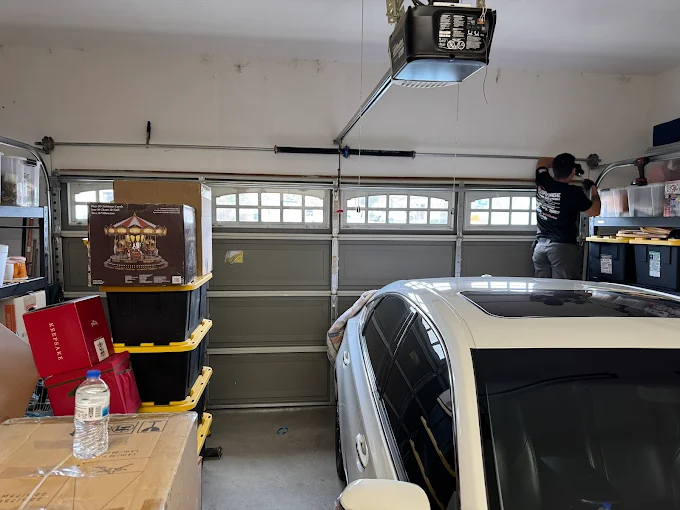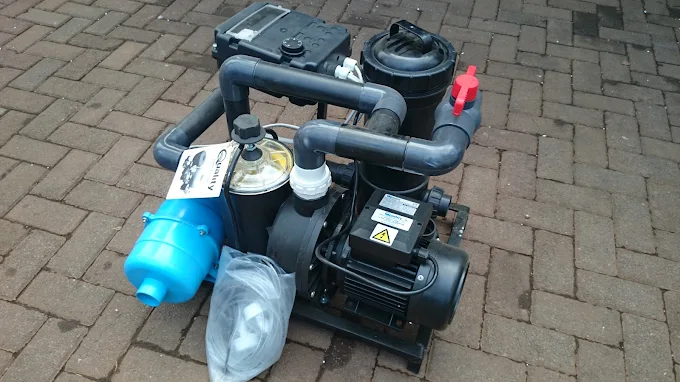
Purchasing machinery is often a major investment for small and medium-sized businesses. Whether you’re in manufacturing, agriculture, construction, or any other industry that relies on heavy equipment, having the right machinery can significantly boost productivity and efficiency.
However, buying machinery outright can strain your cash flow. That’s where a business loan for machinery comes into play. In this blog, we’ll walk you through the essential requirements for securing a machinery loan and share actionable tips to improve your chances of approval.
Why Consider a Business Loan for Machinery?
Machinery and equipment are critical assets, but they often come with high upfront costs. A business loan allows you to spread these costs over time while preserving your working capital for day-to-day operations. Here are some key benefits of using a loan to finance machinery:
- Access to the Latest Technology: Financing allows you to invest in updated machinery without draining your reserves.
- Tax Benefits: Depending on your location, interest payments or depreciation on the equipment may be tax-deductible.
- Improved Cash Flow: Monthly repayments are more manageable than a large upfront expense.
- Business Growth: Advanced machinery can improve efficiency, output, and revenue.
Types of Machinery Loans
When it comes to financing machinery, businesses have several options:
- Term Loans: A lump sum loan repaid over a fixed period, typically 1–5 years.
- Equipment Financing: The machinery itself serves as collateral, making it easier to qualify.
- Equipment Leasing: You rent the equipment and may have the option to purchase it later.
- SBA Loans (U.S.): Government-backed loans with favorable terms for small businesses.
- Vendor Financing: Financing provided directly by the machinery supplier.
Requirements to Qualify for a Machinery Loan
Each lender may have its own set of criteria, but most will look at the following:
1. Business Plan or Purpose of Loan
Lenders want to understand how the new machinery will benefit your business. Be prepared to explain how it will increase productivity, reduce costs, or generate more revenue.
2. Business Credit Score
Just like a personal credit score, your business’s credit rating reflects your ability to repay debt. A higher score improves your chances of securing a loan with favorable terms.
3. Time in Business
Lenders typically prefer businesses that have been operational for at least 1–2 years. Startups may find it harder to get approved unless they have a strong business plan and personal guarantees.
4. Revenue and Financial Statements
Expect to provide recent bank statements, tax returns, and financial reports. Lenders will assess your cash flow to ensure you can handle monthly repayments.
5. Collateral
With equipment financing, the machinery you’re buying usually serves as collateral. For other loan types, additional collateral might be required.
6. Down Payment
Some lenders may require a down payment, typically ranging from 10–30% of the machinery’s value.
Tips to Increase Your Chances of Approval
1. Improve Your Credit Score
Pay down existing debt, make timely payments, and correct any errors in your credit report. Both your personal and business credit scores may be considered.
2. Gather All Documentation
Prepare all necessary documents ahead of time—business licenses, tax returns, financial statements, equipment quotes, and a solid business plan.
3. Shop Around
Don’t settle for the first offer you get. Compare loan terms from banks, credit unions, online lenders, and equipment finance specialists.
4. Consider Pre-Approval
Getting pre-approved gives you a better understanding of your budget and demonstrates to sellers that you’re a serious buyer.
5. Work with an Accountant
An accountant can help you present your financials clearly and ensure your numbers make sense to a lender.
6. Choose the Right Loan Type
Not all loans are created equal. Equipment financing may offer better terms than a general term loan because it’s secured by the machinery itself.
Final Thoughts
Getting a business loan for machinery doesn’t have to be complicated. With the right preparation and a strong understanding of what lenders are looking for, you can secure financing that supports your growth without putting unnecessary strain on your finances.
For more posts, Click Here






